
This advice pertains mostly to Fiction titles, but aspects will also apply to non-fiction.
Furthermore, you can choose to ignore anything if you like! This advice is purely based on thousands of book covers seen in the course of a decade or so of buying books for the City Library. But look up the original cover for The Martian by Andy Weir and you’ll see that it’s possible to do really well with a pretty average cover.
In general, looking at successful books in your genre will provide a useful guide. Subtle and not-so-subtle design cues tell readers what to expect from a book, and will signal whether it’s science fiction, romance, or thriller.
In addition, sometimes design goes in phases. Maybe cosy mysteries are all illustrated pictures this year but next year they’re more about photorealism. Keep an eye on what’s happening in your genre.
If you’re not sure what genre you’re writing in, you need to find out. Ask some friends to tell you what they think, or put the question to your newsletter subscribers.
There are groups you can join where people will critique your cover and provide suggestions to improve it. Following these groups for a while before you post anything is a great way to learn, before committing to a cover.
Covers nowadays need to look good in a thumbnail – a small image on a cellphone might be the only thing that a prospective buyer gets to see. So the book title, author name and image all need to work well even if shrunk down.
If you’re good at design you might be able to do it yourself, but book covers are a very specific thing, and your skills may not transfer. If possible, hire a book cover designer with experience in your genre. You might also find something suitable as a “pre-made”. Pre-mades are mockups with placeholder titles – once you’ve bought it the designer will add your title and author name. They may also allow one or two small changes to the design, sometimes at extra cost, sometimes included in the price.
Many people are using Artificial Intelligence to create covers, or assist with the creation. It might be impossible to copyright an AI-created cover, as elements or styles might have been sourced from other artists. At time of writing, AI-assisted covers seem to be pretty safe, but it’s something you should definitely check up on before committing to a print run or even releasing an ebook. It could be a very costly mistake.
The actual size/aspect ratio of your cover for an ebook is quite straightforward, but for a print book you might need to allow bleed at the edges, and you also need to know the thickness of the spine. This will depend on the formatting of your text. If you change font size you’ll need to recalculate the spine width. And if you change the type of paper, this will also affect the spine width. Being two millimetres out can make the cover look unprofessional. There are tools online to help you calculate this, and then you can provide your designer with a template. Just make sure you don’t want to make any changes or you’ll probably incur extra cost! Even changing the wording in a few paragraphs could potentially bump the page count up or down.
Covers for audiobooks are in a different aspect ratio than for books. If you’re using a cover designer (recommended) then this will probably cost extra. Again, it will be worth it because a designer will be able to rearrange all the original elements without distorting them.
Whatever you do, remember that the cover tells people a lot about your book before they even open a page. If you want to be seen as a professional author you need a professionally-designed cover.
The best place to see a whole lot of covers to get an idea? The City Library, of course!
If you have any questions on this, feel free to contact us.
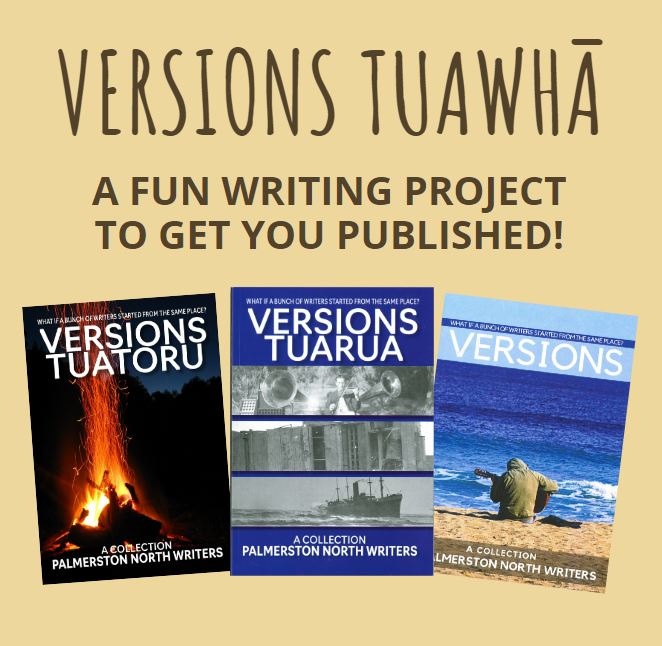
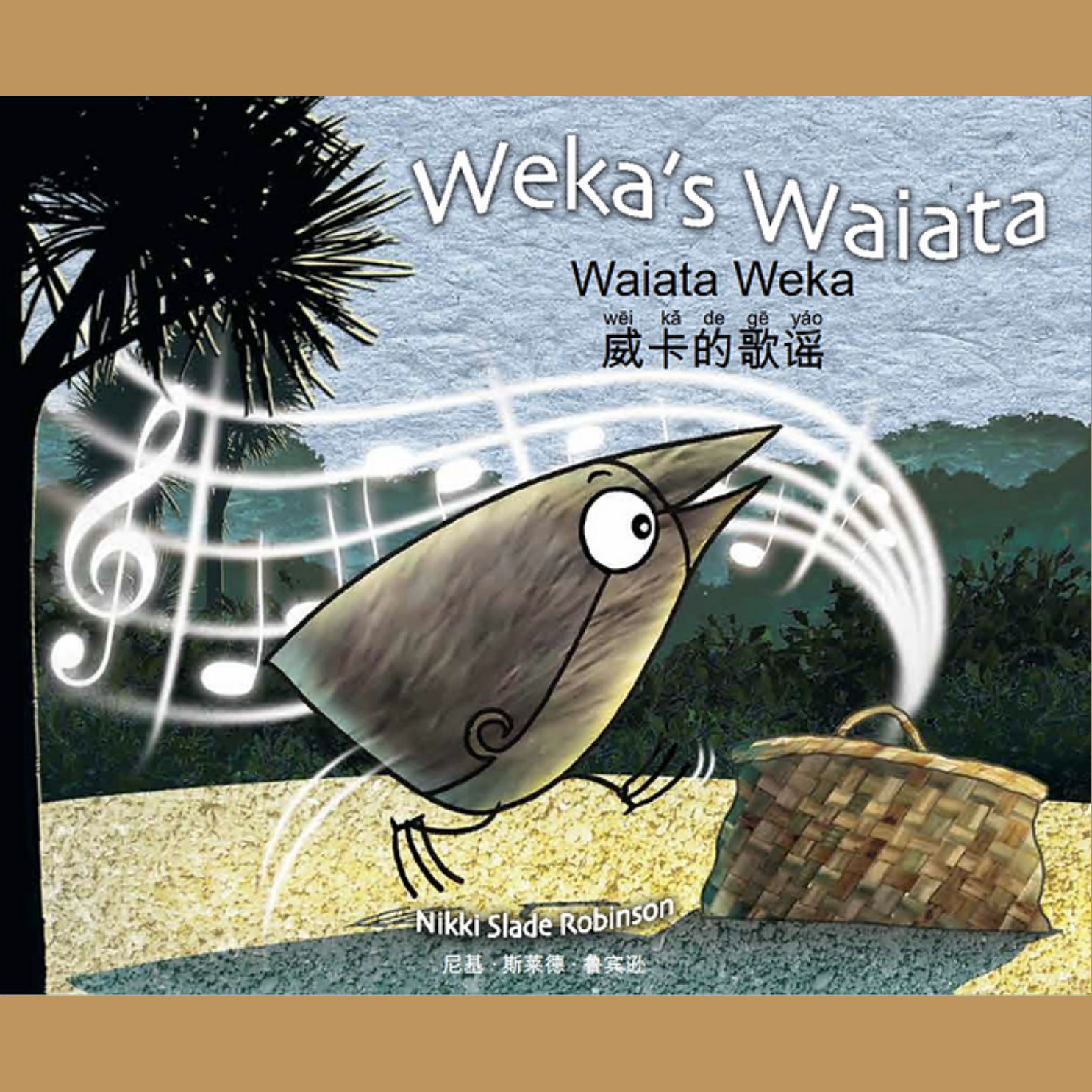
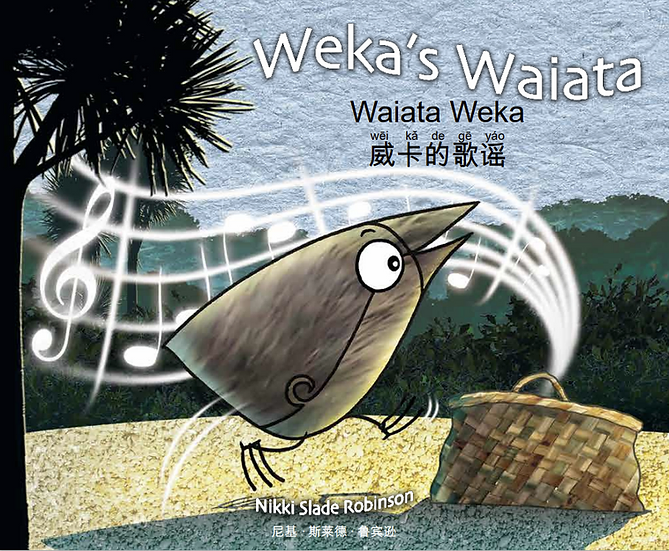
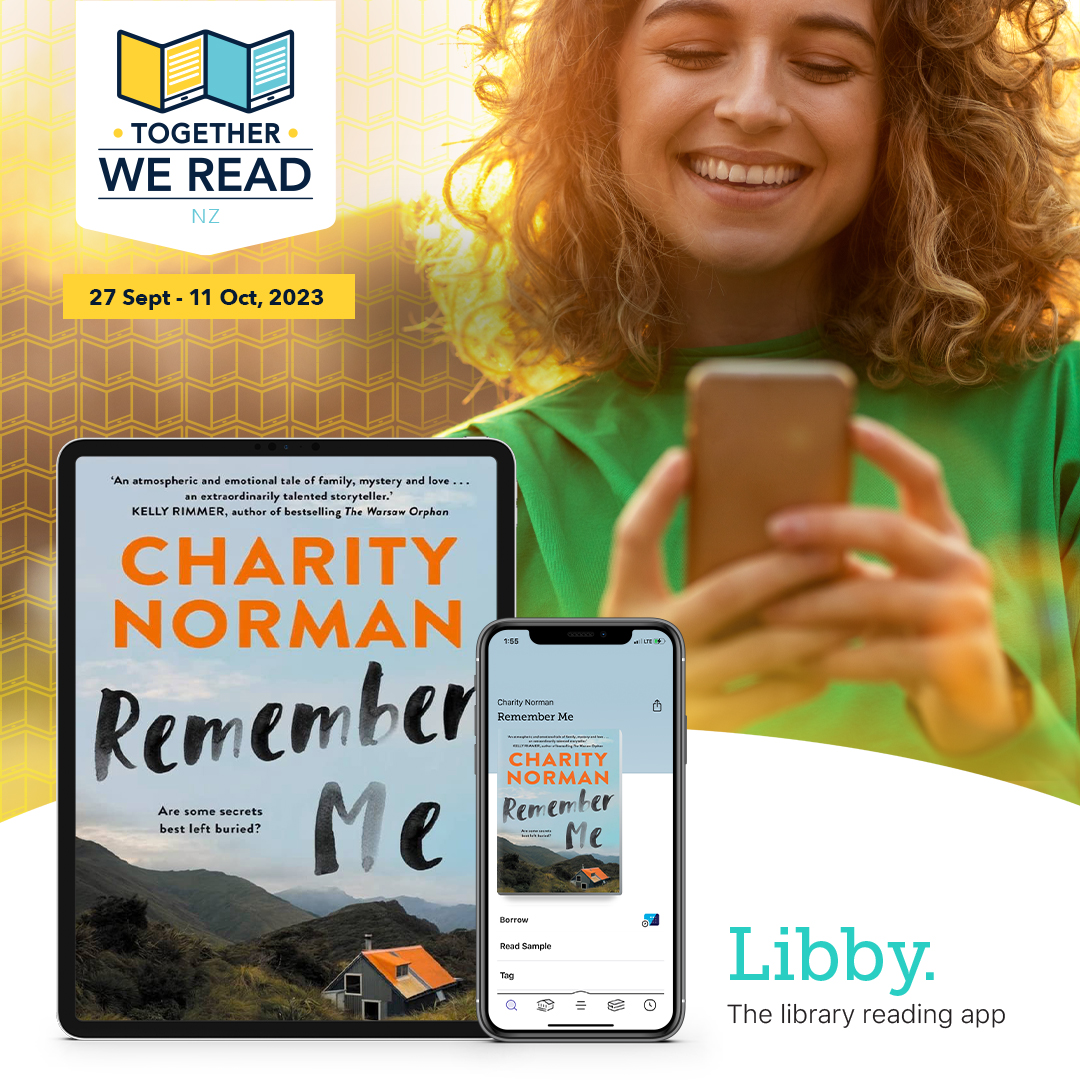
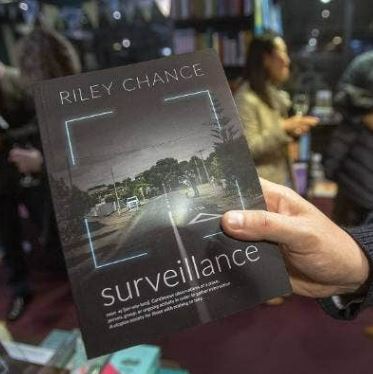
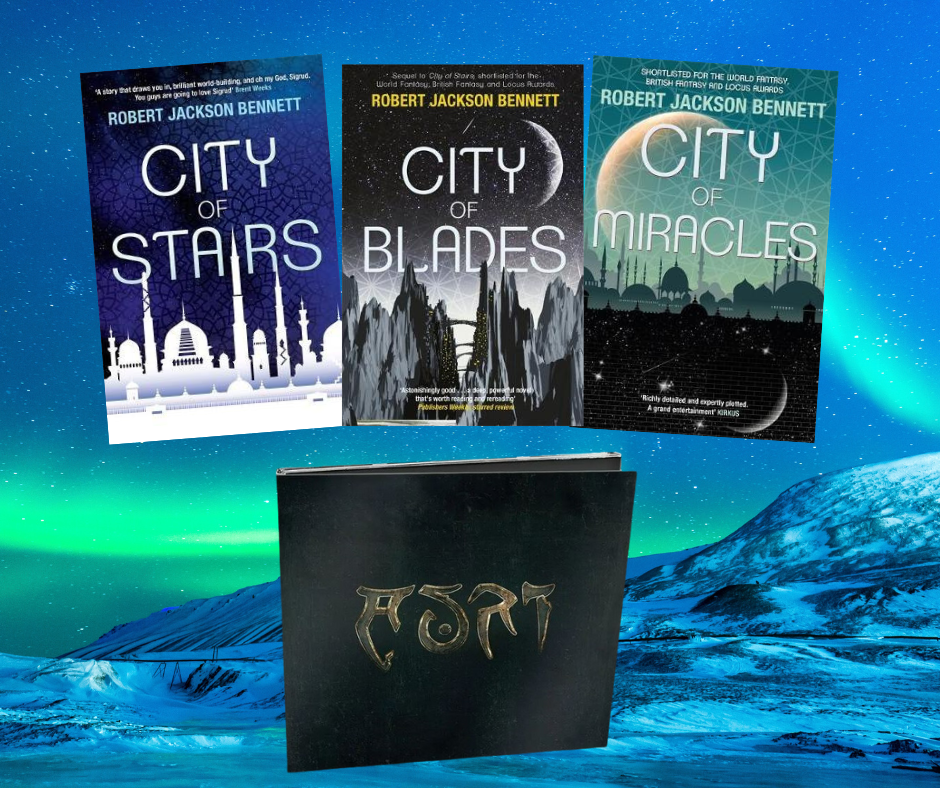
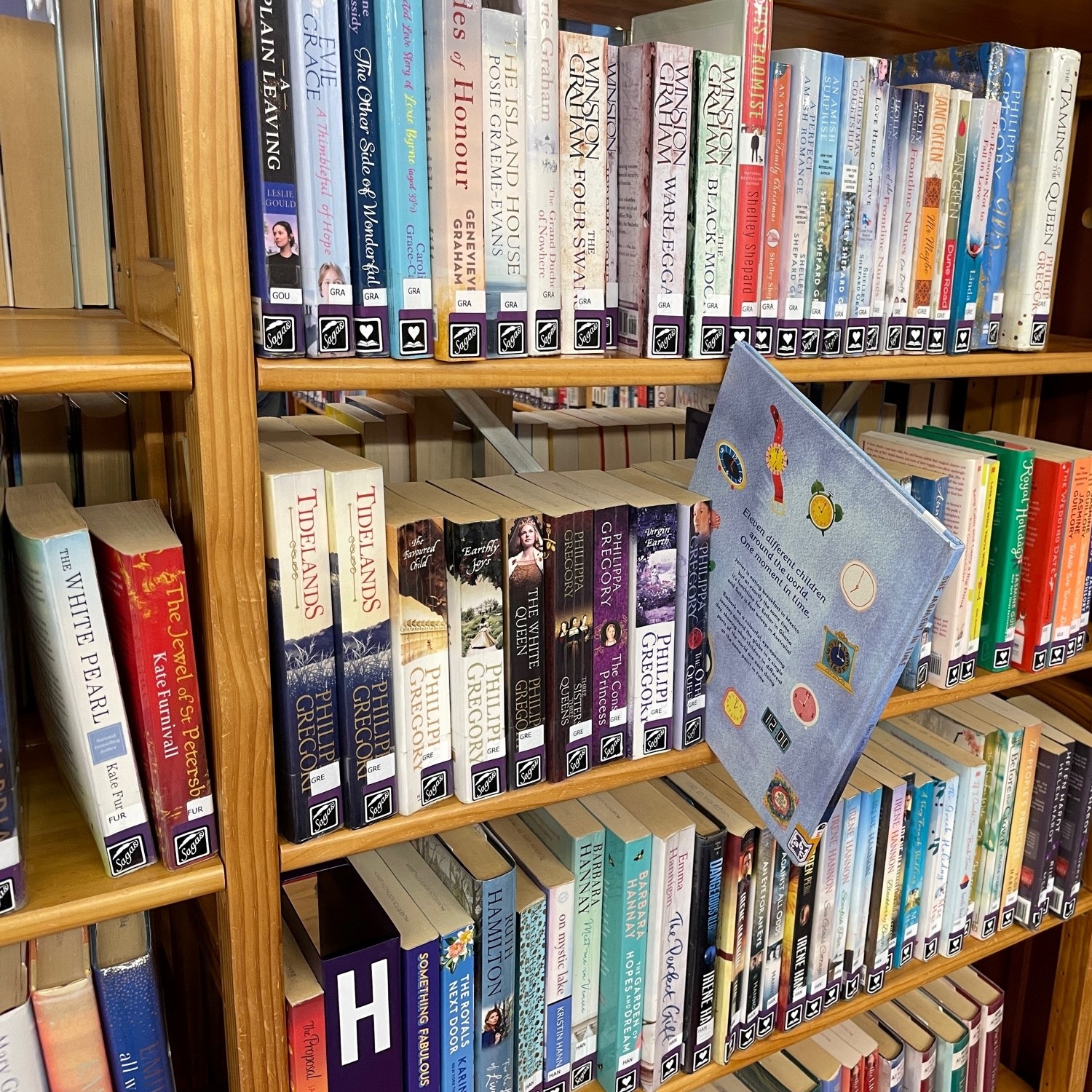
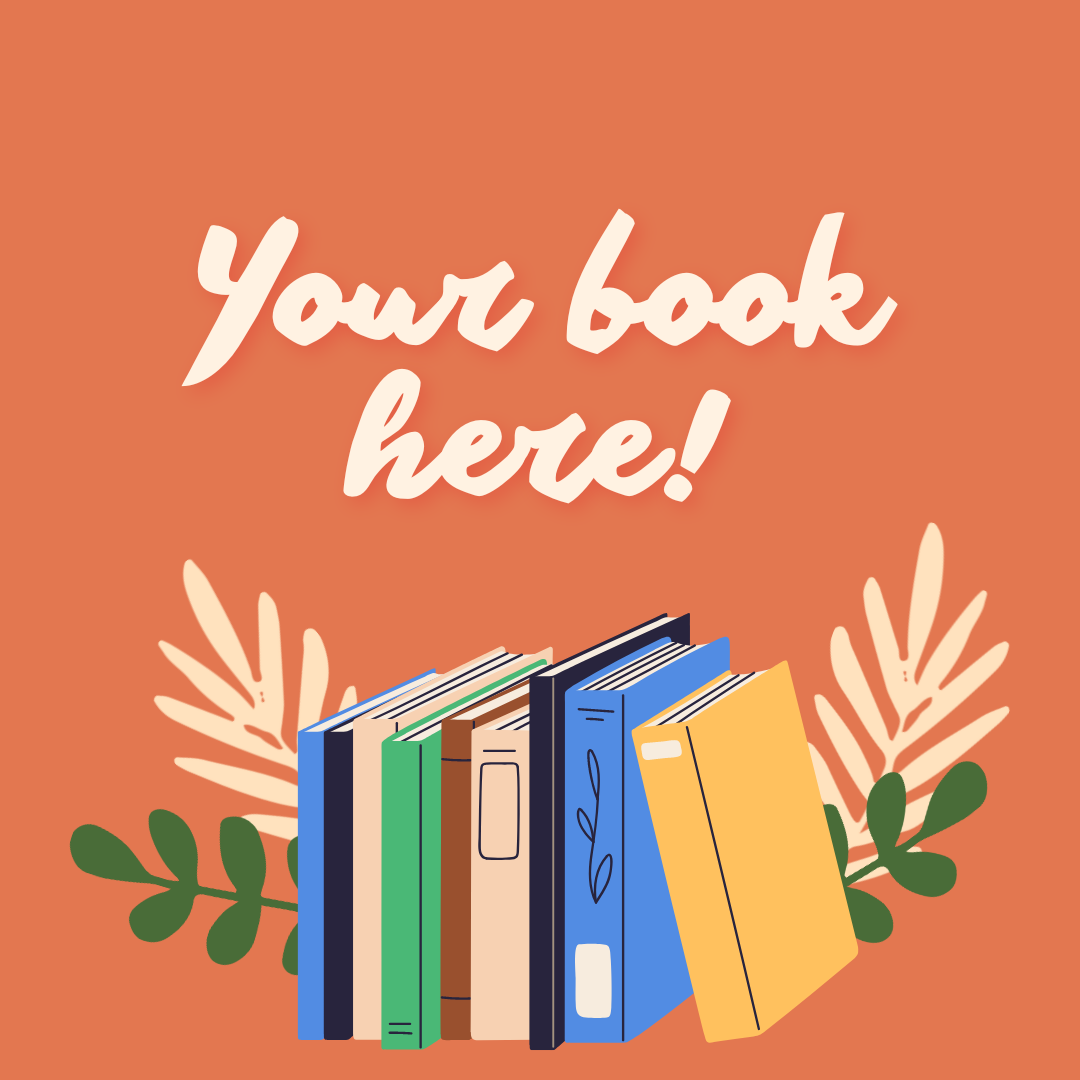

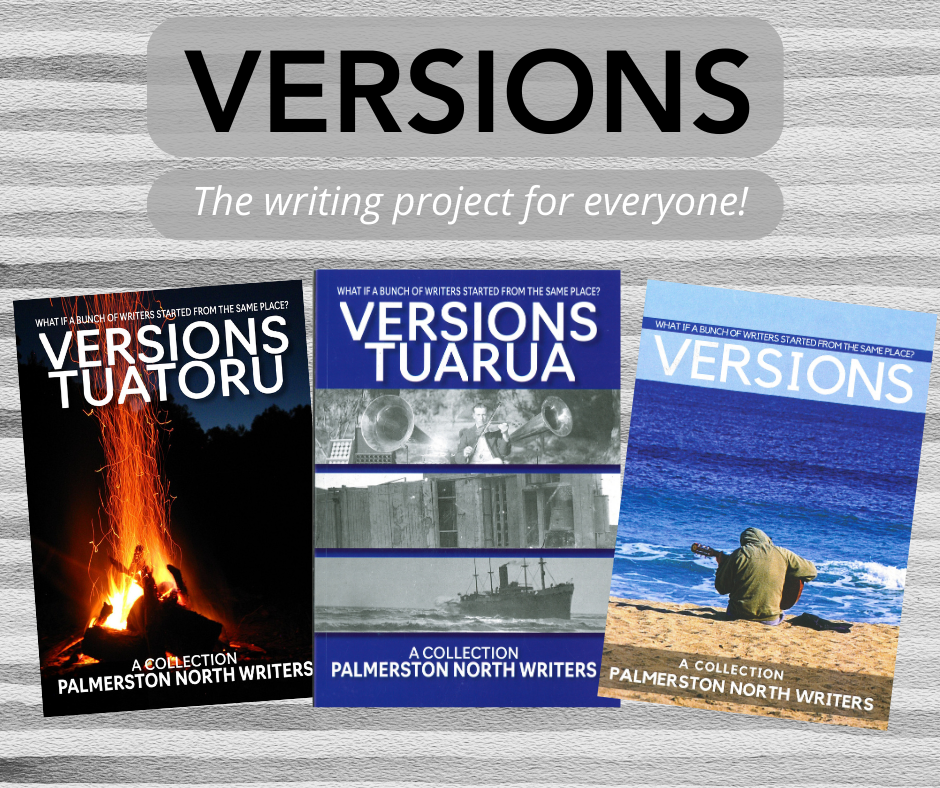
Recent Comments